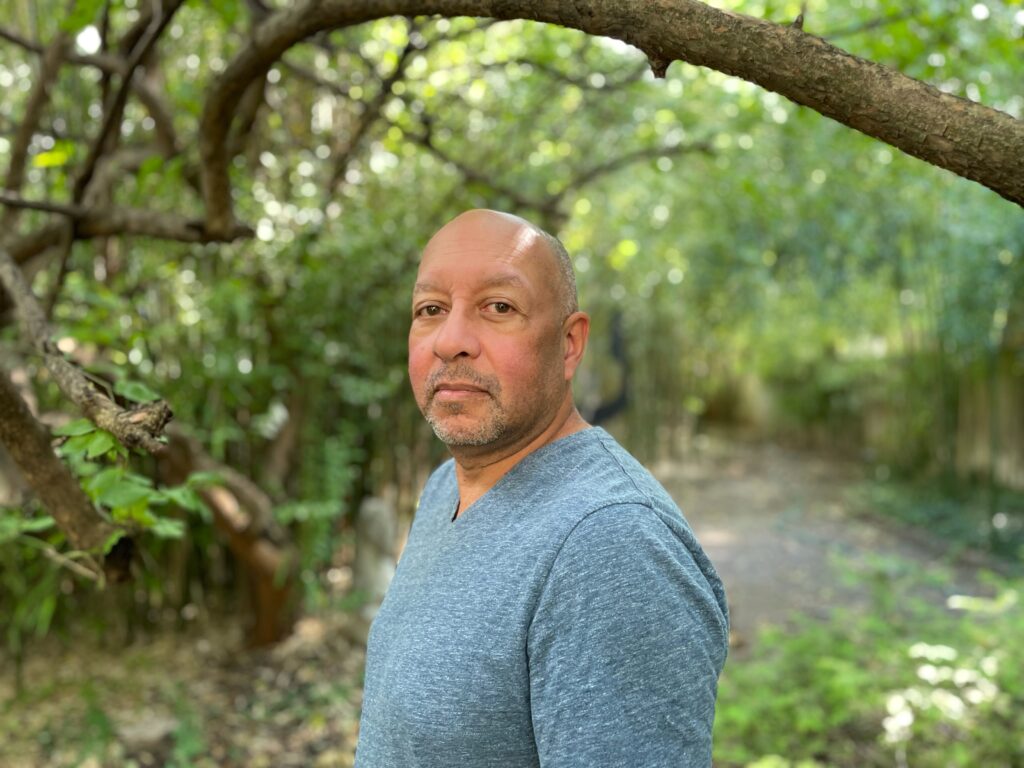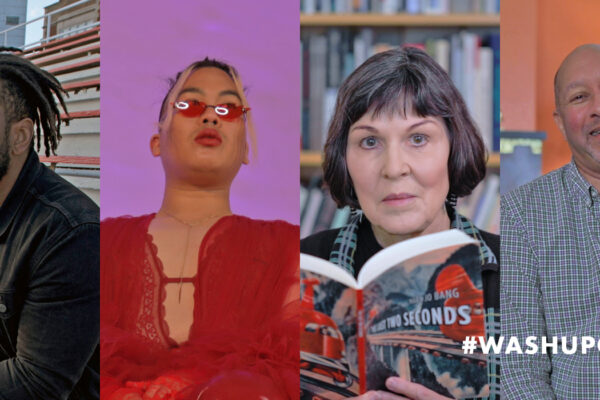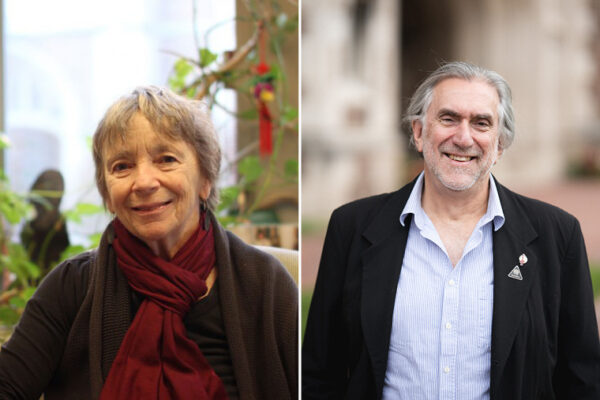
Carl Phillips, a professor of English in Arts & Sciences at Washington University in St. Louis, has won the 2023 Pulitzer Prize in Poetry.
Phillips received the honor for his latest collection, “Then The War: And Selected Poems, 2007-2020.” The prizes were announced May 8 at the Columbia University School of Journalism in New York by the Pulitzer Prize Board.

“When the Pulitzer Prizes are awarded in journalism, arts and letters, it represents not only the highest honors in the field, but also an annual renewal of the highest standards of excellence,” said Neil Brown, co-chair of the Pulitzer Prize Board. “The finalists and winners reveal the power to elevate our understanding of the world.”
In announcing the poetry prize, Marjorie Miller, administrator of the Pulitzer Prizes, described “Then The War” as “a masterful collection that chronicles American culture as the country struggles to make sense of its politics, of life in the wake of a pandemic, and of our place in a changing global community.”
“I am delighted for Carl to receive this well-deserved recognition, and I am proud to have someone of his extraordinary stature on our faculty,” said Feng Sheng Hu, dean of Arts & Sciences. “The Pulitzer Prize in Poetry is an incredible honor and testament to his exceptional work. I’m so pleased our students can learn the craft of poetry from such a gifted writer.”
Abram Van Engen, a professor and chair of English in Arts & Sciences, told the St. Louis Post-Dispatch that Phillips “is a unique talent with a gift of insight that flashes out from gorgeous melodies across his work. The Pulitzer Prize recognizes this rare and abiding combination of music and wisdom — a mode and a mood, a singular voice, that draws his readers (like me) to each new poem he writes.
“I’m thrilled for Carl and honored to be his colleague,” Van Engen said.
Phillips reads his poem “Dirt Being Dirt.”
Phillips is the author of 15 previous books of poetry, most recently “Pale Colors in a Tall Field” (2020) and “Wild Is the Wind” (2018). Other books include “The Tether” (2001), winner of the Kingsley Tufts Poetry Award, and “Double Shadow” (2011), winner of the Los Angeles Times Book Prize, as well as the prose volumes “My Trade is Mystery: Seven Meditations from a Life in Writing” (2022), “The Art of Daring: Risk, Restlessness, Imagination” (2014) and “Coin of the Realm: Essays on the Life and Art of Poetry” (2004).
“I believe that poetry exists as a way of giving shape to what’s shapeless — for figuring out ways to grapple with the big abstract parts of life like love, death, morality, sex,” Phillips told The Ampersand last spring. “Those aren’t resolvable, but I write in order to make at least some temporary sense of what is always eluding us.”
The Pulitzer Prizes were established in 1917 thanks to a bequest from Joseph Pulitzer (1847-1911), longtime publisher of the St. Louis Post-Dispatch. Prizes are currently awarded in 22 categories (this year, two prizes were awarded for fiction, resulting in a total of 23 winners). The poetry prize dates to 1922. Previous recipients range from Edna St. Vincent Millay, Robert Frost and W.H. Auden to Sylvia Plath, James Merrill, Rita Dove and Sharon Olds.
Phillips is the third WashU faculty member to win the poetry prize. Howard Nemerov (1920-91) received the honor in 1978 for his “Collected Poems.” Mona Van Duyn (1921-2004) won in 1991 for her collection “Near Changes.”



Comments and respectful dialogue are encouraged, but content will be moderated. Please, no personal attacks, obscenity or profanity, selling of commercial products, or endorsements of political candidates or positions. We reserve the right to remove any inappropriate comments. We also cannot address individual medical concerns or provide medical advice in this forum.